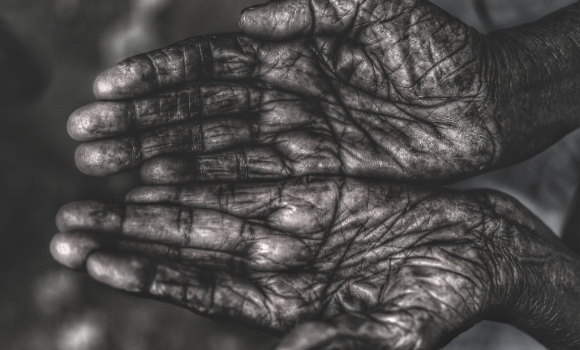
In the latest series of developments, U.S. Immigration and Customs Enforcement (ICE) plans to launch criminal investigations—within the next two years—against executives whose companies have benefited from forced labor in their supply chains. This is a considerable step up from limiting prosecutions to civil penalties, as criminal proceedings could end in 20-year prison sentences for executives who had knowledge or should have had knowledge of forced labor violations within their supply chains. It has become more important than ever to know your supply chain inside and out to avoid violations and potential criminal investigations.
Clarifying the Criteria: How to Pin Down a Violation
The government has adopted the International Labor Organization’s criteria (see Other Resources) to pin down violations amid broadly written laws, including worker passport retention, isolation, and excessive overtime. However, many cases involve more than one of these criteria. Companies most at risk are the ones who have either found violations and retained the supplier or companies that will intentionally seek out suppliers other companies have dropped following the discovery of violations.
This Can Happen to You
More companies are at risk for forced labor violations than it appears. It has been noted that 84 percent of cotton grown in China is in the same province as Uighur detention camps, so it is likely that Uighur prisoners have picked some percent of the cotton found in all cotton or cotton blend garments purchased from China. Factors like this are critical for companies to consider when sourcing production facilities, as raw materials also count for criminal liability.
Addressing Your Risk
How can you make sure that your company takes an active role in vetting current and potential suppliers? It is recommended that companies thoroughly examine their supply chain recruitment practices, especially if third party recruiters are being used.
Avoiding forced labor violations is critical, and companies must take an active role in protecting their supply chains in order to prevent civil or criminal prosecution. To learn more about vetting suppliers and managing your risk of incurring forced labor violations, contact Mohawk Global Trade Advisors.
Other Helpful Resources
Mitigating the Risk of Forced Labor

